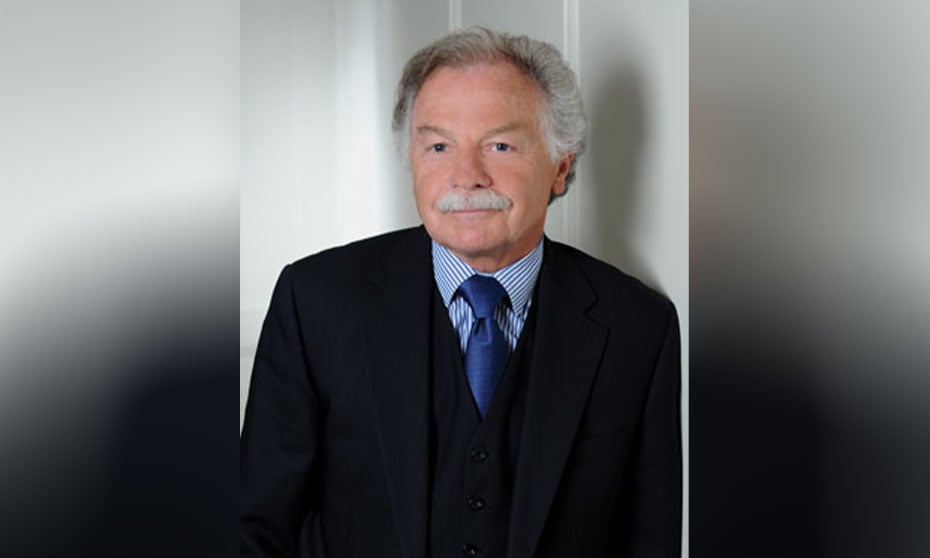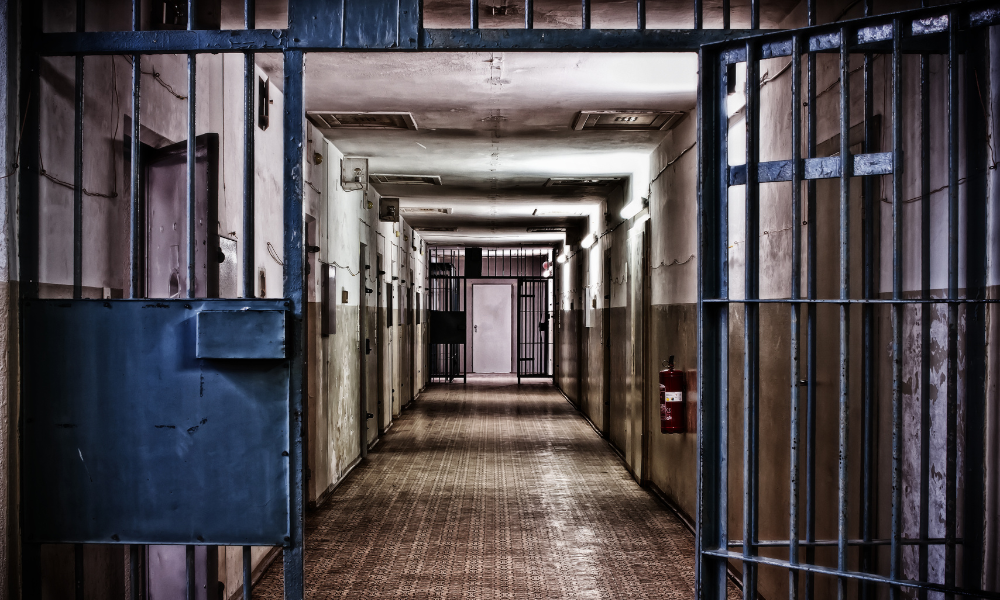Delivery vehicle was robbed at gunpoint in multi-million dollar heist

Ontario’s Law Society Tribunal has refused a paralegal license to an ex-police officer who masterminded a $3.1 million armoured vehicle heist in 1998.
“Any applicant with problems in their past, including a criminal record, needs to have as clean a slate as possible before the Law Society will find them of good character and allow them to be licensed,” says Bill Trudell of William Trudell Professional Corporation in Toronto, a veteran of numerous LSO disciplinary proceedings. “It doesn’t matter how long it’s been. It’s what you’ve done in the meantime to show you’re of good character.”
Unfortunately for Piero Perciballi, his application fell far short.
“The facts as stated by the tribunal make you think it was virtually impossible for Perciballi to convince them he was of good character,” says Gavin MacKenzie of MacKenzie Barristers Professional Corporation, a Toronto litigation boutique and a former LSO treasurer. “It’s obvious from the reasons that the result was inevitable.”
When the gunpoint robbery of the Loomis vehicle took place, Perciballi was a Toronto police officer who leveraged his position to perpetrate the crime.
“The Applicant participated in the planning as well as provided his uniform and other police materials to be used in the robbery,” the panel stated. “He benefitted financially from this crime.”
After a jury convicted Perciballi, he was sentenced to 10 years imprisonment and ordered to pay compensation exceeding $2.3 million, which remained unrecovered. As of the licensing hearing, Perciballi – whose former wife received some of the unaccounted proceeds – had not complied with the restitution order.
Paroled in 2001, Perciballi obtained employment as a paralegal.
But in 2007, he defrauded the Business Development Bank of Canada by making false representations to secure a loan. In 2012, the bank obtained a $500,000 consent judgment based on fraud.
In 2009, Perciballi helped plan and organize a scheme that defrauded two other banks of $270,000. After pleading guilty to two counts of fraud in 2014, he received a three-and-a-half-year sentence and was ordered to make restitution.
When the National Parole Board granted Perciballi full parole in 2016, it referenced an expectation that Perciballi would make restitution. As of the tribunal hearing date, he had repaid only $100.
Perciballi did not mention the BDBC civil judgment in his licensing application, nor did he disclose three court orders filed against him between 2011 and 2016 with the office of the Director of Family Responsibility. He had, however, been making periodic payments to the Director since 2011.
“Although there are cases where the LSO has licensed individuals who committed serious criminal offences, including terrorism and drug offences, murder, and manslaughter, part of the problem here is that Perciballi’s s offences involved dishonesty on multiple occasions,” MacKenzie says. “Clearly, the tribunal’s decision went beyond the seriousness of the robbery.”
Earlier this year, the tribunal licensed Saad Gaya, who had been convicted as one of the Toronto 18 terrorists in 2006 when he was a teenager. The tribunal found him “presently of good character,” citing his naivete as a radicalized teenager, his subsequent work with the RCMP addressing religious radicalization and his completion of law school.
“[Gaya’s] insight, remorse and acceptance of responsibility are clear from his testimony and from his actions, from what he has overcome and accomplished, and in the respect and support he has earned from those many people who he encountered in his lengthy and challenging path to rehabilitation.”
Perciballi did call four character witnesses and filed seven reference letters, but cross-examination revealed that none of his supporters were fully aware of his post-robbery history.
“Unless the character references who testify or write are fully informed of all the background and issues to be addressed, their evidence may not be acceptable,” Trudell says.
In concluding that Perciballi had not established that he was currently of good character, the tribunal emphasized the seriousness and duration of his misconduct.
“The Applicant has a pattern of serious criminal and fraudulent misconduct that spanned nearly twenty years, from 1998 to 2016 when he was granted full parole following his second incarceration.”
Nor was there any objective evidence regarding Perciballi’s remorse.
“While we saw embarrassment, shame and regret in the Applicant during his oral evidence, there is no evidence to corroborate his efforts at dealing with his demons and financial triggers.”
Indeed, Perciballi’s “absolute failure” to satisfy any of the orders or judgments against him weighed “heavily against a finding of remorse.”
“While we acknowledge the Applicant’s evidence that his focus financially has been on caring for his children, some regular financial contribution, even a nominal one, towards satisfying the financial orders against him would assist in making the case that he is remorseful.”
To make matters worse, Perciballi continued to benefit from the crimes “given that the funds paid to his first wife have never been returned to Loomis.”
There was also no objective evidence of a successful rehabilitation process that included counselling or dealing with Perciballi’s underlying financial stressors.
“He has not shown to our satisfaction that he has a network of supports to assist him in dealing with [this] issue. The applicant has also not shown any effort to plan for how he would deal with financial stresses in his paralegal business.”
Perciballi, the tribunal concluded, was “not presently of good character” and dismissed his licensing application
But the tribunal appears to have left a very narrow window open to him despite the fact that each instance of Perciballi’s misconduct went to his “very integrity and character.”
“While that does not mean that the Applicant has no hope of ever being licensed, it does mean that the Applicant must bring a nearly perfect case and leave very little room for doubt.”
As Trudell points out, the profession does believe in second chances.
“And these ‘good character’ hearings are demonstrations of that principle.”





